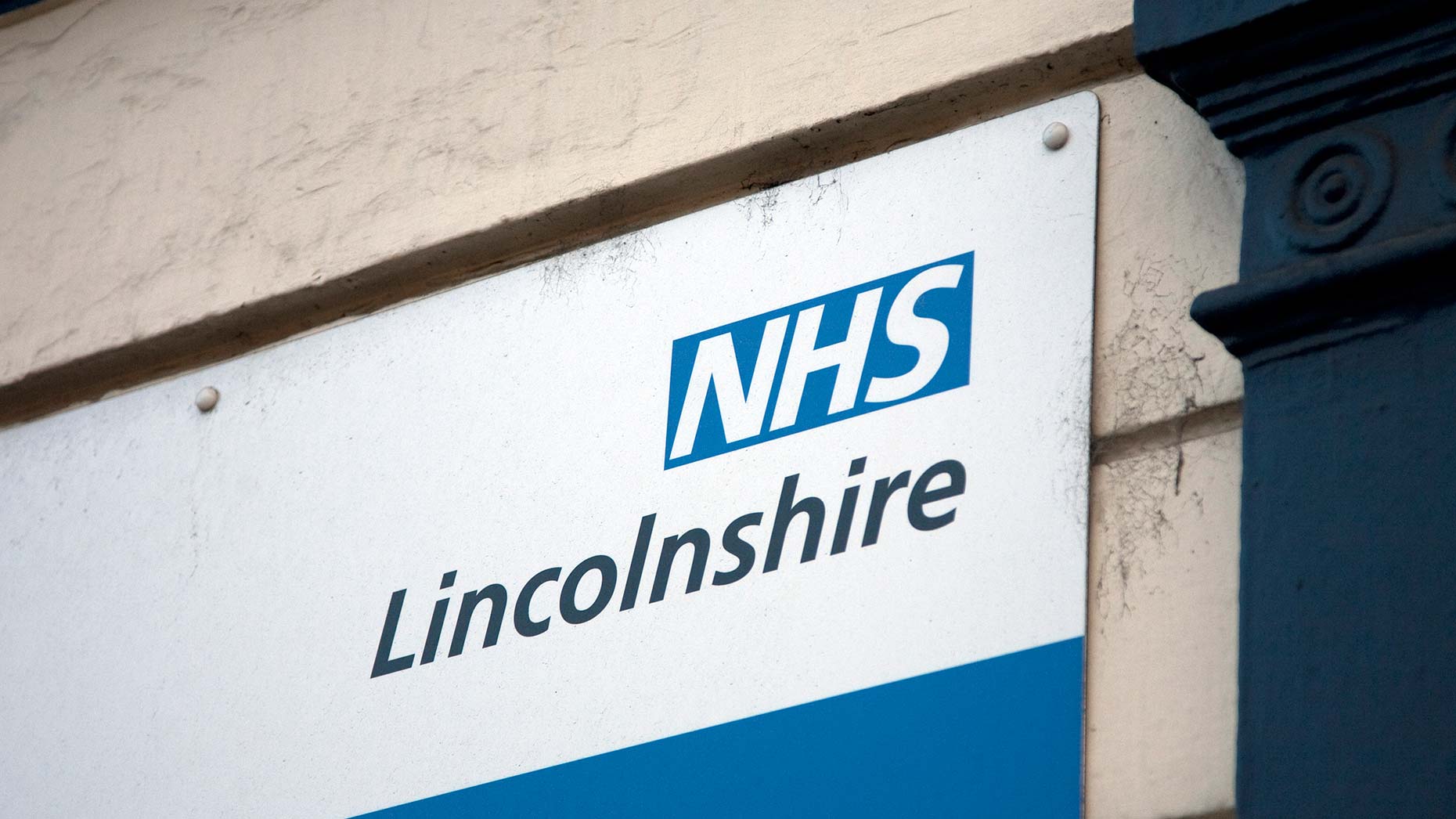For many years now governments of all political colours have seen fit to centralise more and more powers to themselves. The result of this has impacted directly on the councils that in the past were the major providers of the kind of services that have improved the lives for generations of our citizens. Today they are a shadow of their former selves, whose lack of influence is clearly reflected in poor turnouts in local elections.
There have been promises to reverse the centralisation of powers and to devolve many of the powers back from where they have been taken over many years. So far, the progress has been painfully slow.
Whatever services that remain the responsibility of local government still have to be paid for. Traditionally the bulk of the funding came from central government grants, based on a formula devised and administered in Whitehall. The rest came from revenue and a smaller contribution from the recipients of those services.
Some of you may remember the dreaded ‘Rates’. In 1989 in Scotland, and in 1990 in England, these were replaced by a charge on each person whose name appeared on the electoral register, called officially the ‘Community Charge’, but forever known as the ‘Poll Tax’, while a uniform business rate was collected locally and but transferred directly to central government to be returned in part in the form of a grant, which covered anything up to two thirds of expenditure.
Well, I’m sure many of you can remember the trouble the Poll Tax caused, particularly in Scotland. Many people tried to avoid paying it by simply not registering to vote. Others took to the streets.
The Tory government, faced with a resurgent Labour Party and probably coming to the end of its natural life, quickly replaced it in 1993 with the Council Tax, which looked very much like the hated Rates, based as it was on domestic property values at the time but still only accounting for around a quarter of council spend.
There has never as yet been a Council Tax revaluation in England so what we currently pay, despite increases over the years, has not actually kept pace with the increase in property prices over that time.
The strains are now really beginning to show. The 2010-2015 Coalition Government used its austerity programme to cut its central grant progressively and used the so call ‘Council Tax Freeze Grant’ to bribe councils not to raise Council Tax.
The result was that a council like Lincolnshire, which accepted the grant, was forced massively to reduce its staff and many of the services it provided, Libraries being just one example, in an attempt to protect so called ‘Front Line Services’, such as Adult Social Care.
The irony is that, had Lincolnshire not accepted the freeze grant over the period of its existence and had raised its part of the Council Tax by the permitted 1.99% annually (around £2 per week on a Band C property), it would have been around £30 million better off!
Now the present government has decided virtually to abolish the central grant by the beginning of the next decade, while offering the sop of allowing councils to retain most, if not all, of the uniform business rate. Already the cracks are getting wider.
Northamptonshire County Council has just issued a ‘Section 114 Notice’ banning all new expenditure, while the UK’s richest county, Surrey, has been hit by a £100 million cash crisis. It’s reckoned that nine out of ten authorities will go over budget this year.
Lincolnshire has just proposed an increase in its take of the Council Tax of just under 5%. Can you imagine the howls from certain quarters if these ‘true blue’ councils had been Labour controlled? Also, in Northampton’s case, the similarity with our own county council is frightening. Could it happen here?
Clearly something has to change and it has got to be how we fund local government if we want it to survive in any meaningful form into the future. Now I know that some people will blame those people we elect to run our local services, as Northamptonshire’s seven Tory MPs have done.
Certainly our councillors do come in all shapes and sizes and abilities; but those few who actually run the show have usually got there on merit. The allowances they are paid, which some claim to be either excessive or indeed unnecessary, are actually extremely modest. I certainly wouldn’t expect anybody to put the time in that many councillors do without any remuneration.
So Local Government Finance is desperately in need of major reform. The Council Tax is clearly no longer fit for purpose.
A revaluation would undoubtedly produce howls of protest, especially where it would penalise those people who, whilst living in large properties, may have a restricted income. Adding a few bands on the top would make little difference.
The only tax worth a damn is one that takes proper account of an individual’s ability to pay and that has got to be some form of Local Income Tax. However, even this would not be the complete answer in places like Lincolnshire where incomes are traditionally lower than in other parts of the country. Some form of grant system would still be required and possibly a small ‘Property Tax’ based on land values.
That’s not to say that financial savings can’t be made. As far as Lincolnshire is concerned, we really do not need a county AND seven district councils.
Similar largely rural areas like Wiltshire, Cornwall and Northumberland, to give just three examples, have posted significant savings by replacing their county and district councils with a unitary authority.
There was talk of a consultation exercise with the public when I was part of the ‘Administration Group’ between 2013 and 2017. What happened to that? However, even Unitary Authorities appear now to be facing tough choices as well.
As Oscar Wilde famously remarked, the cynic is the person, who knows the cost of everything and the value of nothing.
There will undoubtedly be a few of you out there, who fit that bill. However, whether we like it or not, if those of us who can are not prepared to pay more, then the services on which many of us rely could be history.
John was a councillor for thirty years, finally retiring in 2017. A schoolteacher by profession, he served on the North Hykeham Town Council (1987-2011), the North Kesteven District Council (1987-1999, 2001-2007) and the Lincolnshire County Council (2001-2017). He was also a County Council member of the former Lincolnshire Police Authority for eight years until standing down in 2009. In 1997 he was the Lib Dem Parliamentary candidate for Sleaford and North Hykeham. He is currently not a member of any political party.







